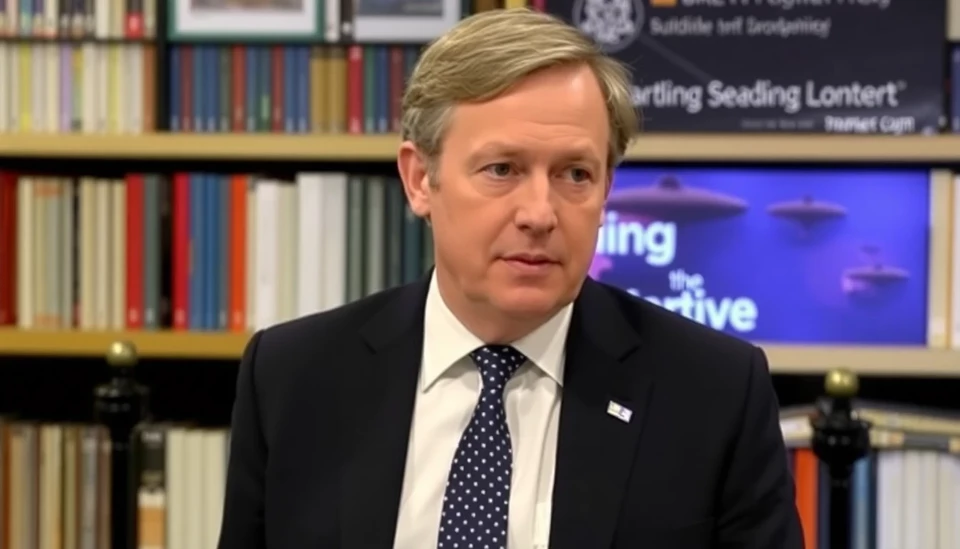
In a recent statement, Andrew Bailey, the Governor of the Bank of England, expressed his desire to lower borrowing costs for consumers and businesses within the UK. However, his vision faces significant skepticism from the financial markets, which seem to have divergent expectations about future interest rates.
Bailey emphasized the necessity to create an economic environment that encourages spending and investment, reiterating the need for a cautious approach to monetary policy adjustments. He hinted that a reduction in interest rates would benefit both individuals looking to manage their household budgets and corporations seeking to finance growth through cheaper loans.
Despite Bailey's intentions, financial analysts and market participants appear unconvinced. They are anticipating a prolonged period of elevated interest rates due to ongoing inflationary pressures that continue to plague the UK economy. This divergence between the Bank of England's stance and market sentiments is creating uncertainty about the path forward.
Market expectations suggest that future rate cuts may be delayed as inflation remains persistent, fueled by various factors including energy prices and supply chain disruptions. This inflationary environment is likely to keep the Monetary Policy Committee of the Bank of England cautious, stalling any immediate action towards easing borrowing costs. Analysts are particularly concerned that a hasty reduction in rates could exacerbate inflationary trends further.
Moreover, some market participants argue that while Bailey's intentions are commendable, the current economic landscape necessitates a more robust approach to managing inflation before any talk of lower borrowing costs can be entertained. This sentiment is reflected in the positioning of financial instruments, which indicate a belief that rates will stay high for longer than previously anticipated.
In light of this backdrop, Bailey's proposals are met with a mix of optimism and caution. On one hand, there is a clear need for lower borrowing costs to stimulate growth and support households. On the other, there is a palpable fear of igniting inflation, leading many analysts to recommend a more measured approach.
As the Bank of England prepares for its next policy meeting, the balancing act of fostering economic recovery while maintaining stability will be front and center. Bailey's commitment to lower rates may resonate well in theory, but achieving this goal amidst market hesitancy remains a substantial challenge.
In conclusion, the UK economy finds itself at a crucial crossroads. As Bailey persists in advocating for reduced borrowing costs, the financial markets are taking a cautious stance, leading to an ongoing debate about the best path forward for monetary policy and economic recovery in the face of stubborn inflation.
#BankofEngland #AndrewBailey #InterestRates #EconomicRecovery #Inflation #MonetaryPolicy
Author: Daniel Foster




